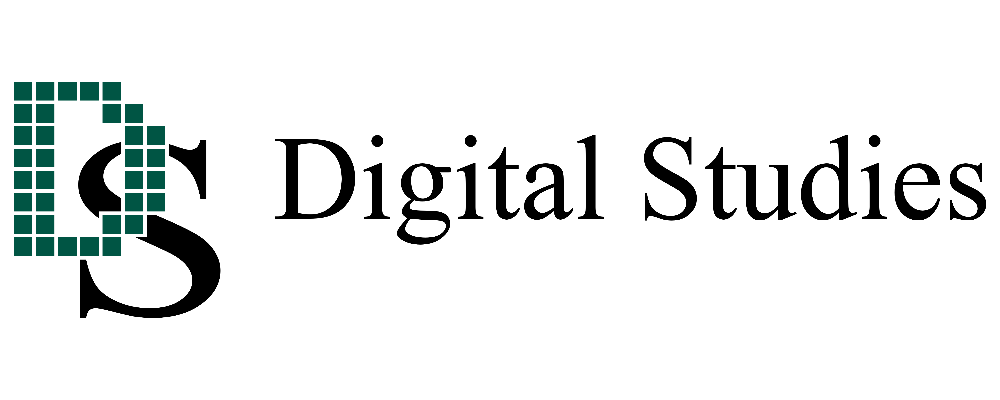Abstract
Language, writing and automatism: software studies in front of linguistic capitalism
Session of December 2, 2014, recorded in the Centre Pompidou (Salle Triangle)
The digital stage of the grammatization process raises the problem of a radical change in the conditions of reading, writing and linguistic expression. Formalization, discretization and exteriorization of human language behaviors into digital tertiary retentions seem to make impossible the reappropriation of knowledge by Internet users. Indeed, in order to capitalize on the Internet user’s search, Google exercises a control on language using tools of automatic correction and completion. By encouraging users to use the words which are statistically most frequent and subject of speculation for advertising, these automata bring him into the field of the “predictable” language, commercially exploitable by the company. Thanks to this algorithmic mediation of expression, Google has succeeded in transforming the linguistic material into a genuine economic resource. But this phenomenon, described by Frederic Kaplan under the name “linguistic capitalism”, has the direct consequence to regularize and homogenate natural language, and to operate their desidiomatization at a global scale. This retroactive effect of technologies on language seems to lead to the emergence of a new syntax and a new lexicon that are informed by the linguistic capabilities of machines and the economic value of the words.
To think and transform this new linguistic environment, it seems necessary to distinguish textual resources that have been produced by humans from those which have been automatically generated by machines, in order to understand the logic at work in the automatic textual production. This is especially what Warren Sack analyzes: if linguistic capitalism currently relies on selling individual words and producing abstracts and translations, it could also be extended to the automatic generation of stories. The development of language planning today allows some softwares to generate automatically stories based on data and programs. Yet, the effort to translate narrative art into informatics technology does not simply mechanize the narrative competence: it implies a re-articulation of narrative logics that modifies the nature of stories and conditions the forms of future literature and fictions.
How to integrate this automatized environment to a project for developing knowledge? This capacity to read and write softwares indeed seems necessary to develop new linguistic capabilities and regain room for maneuver in the exercise of narrative art: not in order to rationalize the existing artistic forms, but to determine the desirable changes and invent new narrative expressions, working against habituation and automation. Software studies could then appear as a mode of resistance to linguistic capitalism: if there is not any fate in the computer implementation of a natural competence but a set of reversible choices, on should define the place where IT and humanities can establish an intelligent dialogue which should benefit all.
Frédéric Kaplan is a Professor at the Ecole Polytechnique Fédéral de Lausanne (Chaire of digital humanities), director of the Digital Humanities Lab and specialist of the human-machine interfaces and artificial intelligence. His researches notably focus on the issues of algorithmic and digitalization of archives in epistemology of history, on the effects of Google’s linguistic economy on natural languages, and on the cognitive and social dimensions of annotation practices. He more generally works on museographic design, the use of big data in human sciences, and the role of digital interfaces in learning and transmission of knowledge. He is currently developing the “Venice Time Machine” project, a digital modelization of the evolution of Venice on thousand years of history. See his article “La question de la langue à l’époque de Google » published in Digital Studies, Organologies des savoirs et technologies de la connaissance, FYP Editions.
Warren Sack is a Professor of “Film and Digital Media” at the University of Santa Cruz, software developer, theoretician of media and specialist of algorithmic. He participated in the development of Software Studies and meditates on the political and social uses of new media: his researches focus on the theory and the design of online debate public spaces, on the development of open-source softwares and the analysis and conception of networked educative environments. See his papers “Une machine à raconter des histoires” on the digital studies website: http://digital-studies.org/wp/warren-sack-une-machine-a-raconter-des-histoires-de-propp-aux-software-studies-les-temps-modernes-novembre-decembre-2013/?lang=fr, and “Image, nombre, programme, langage”, in Digital Studies, Organologies des savoirs et technologies de la connaissance, FYP Editions.
Video of the session
